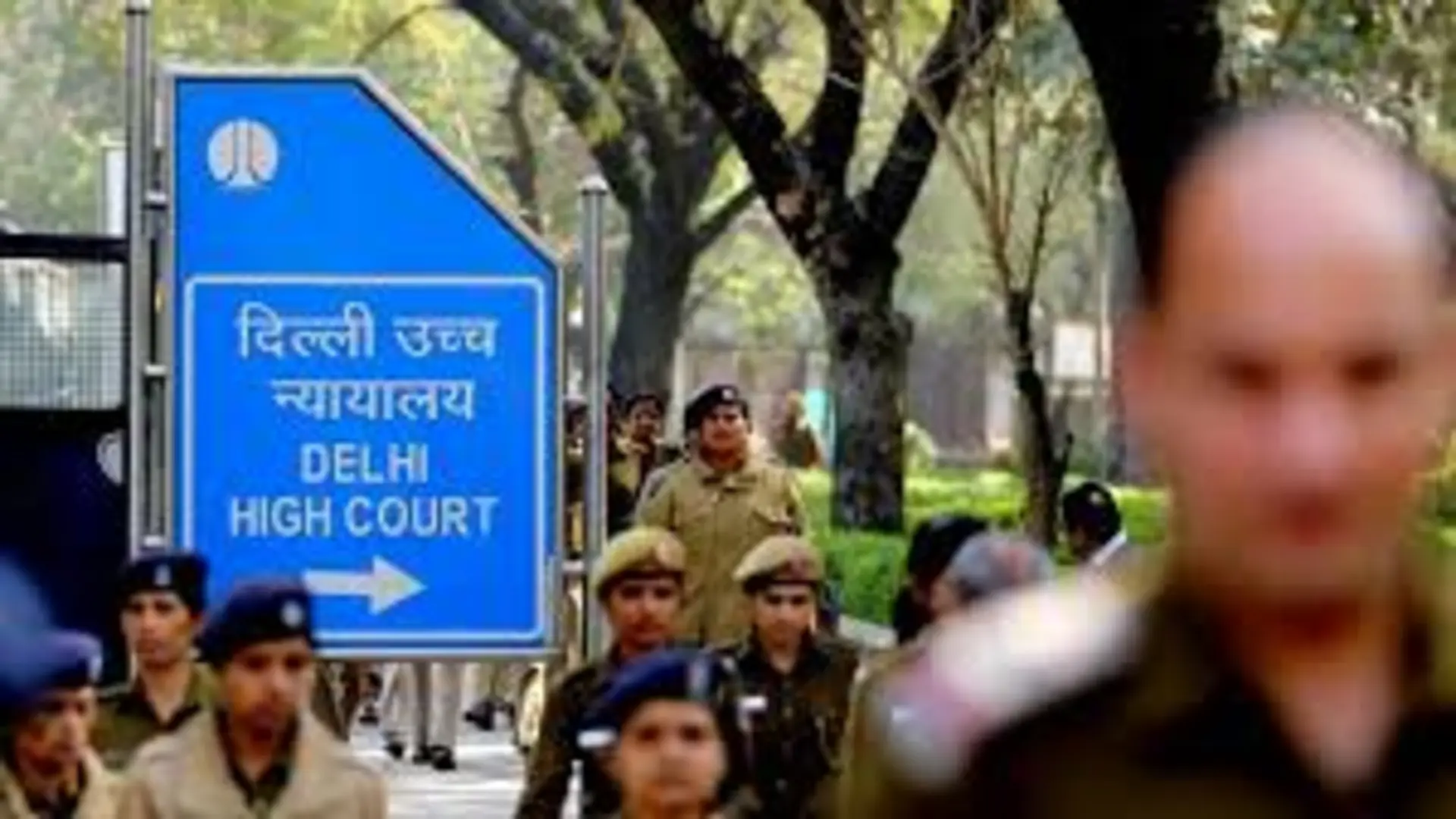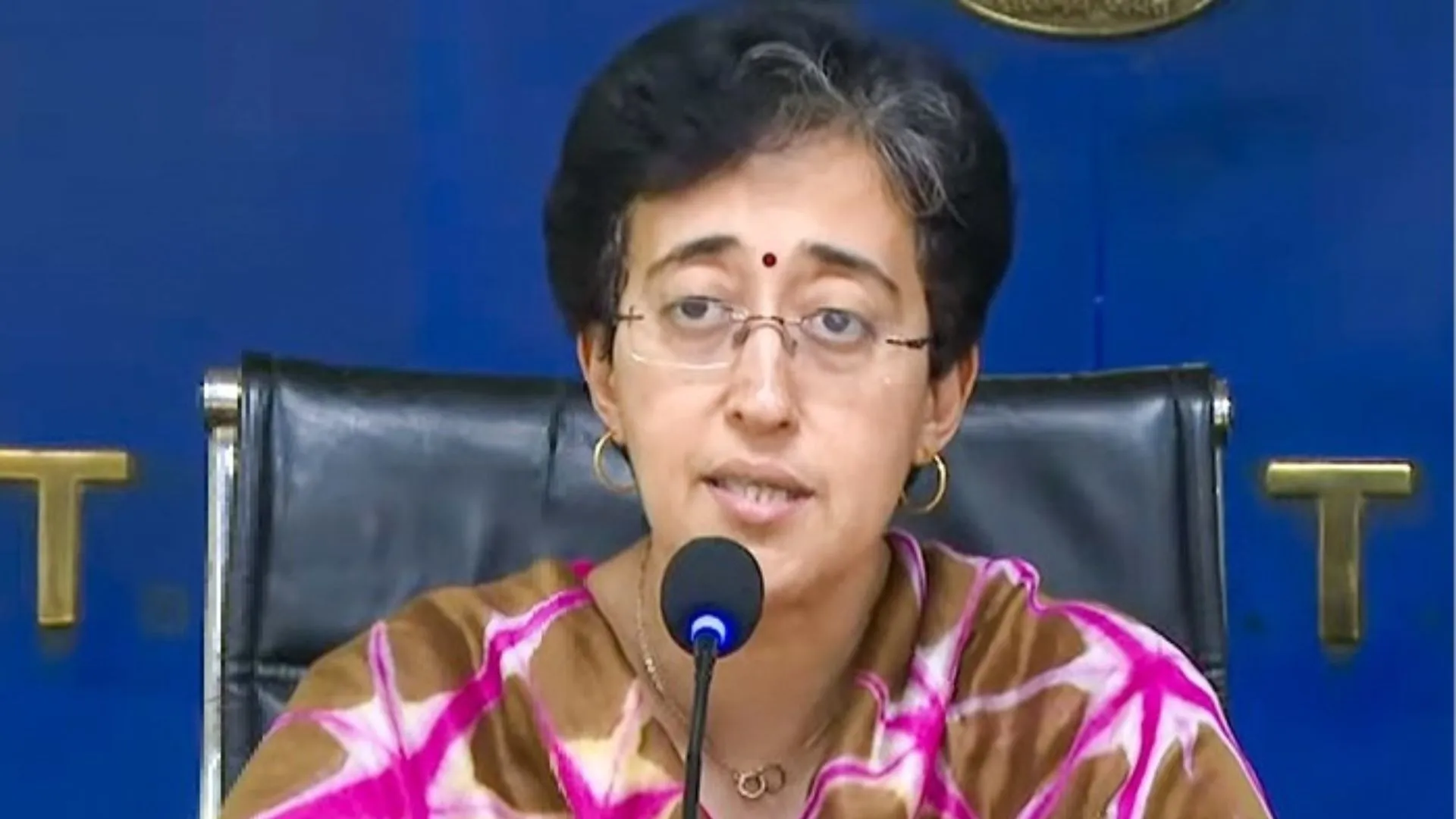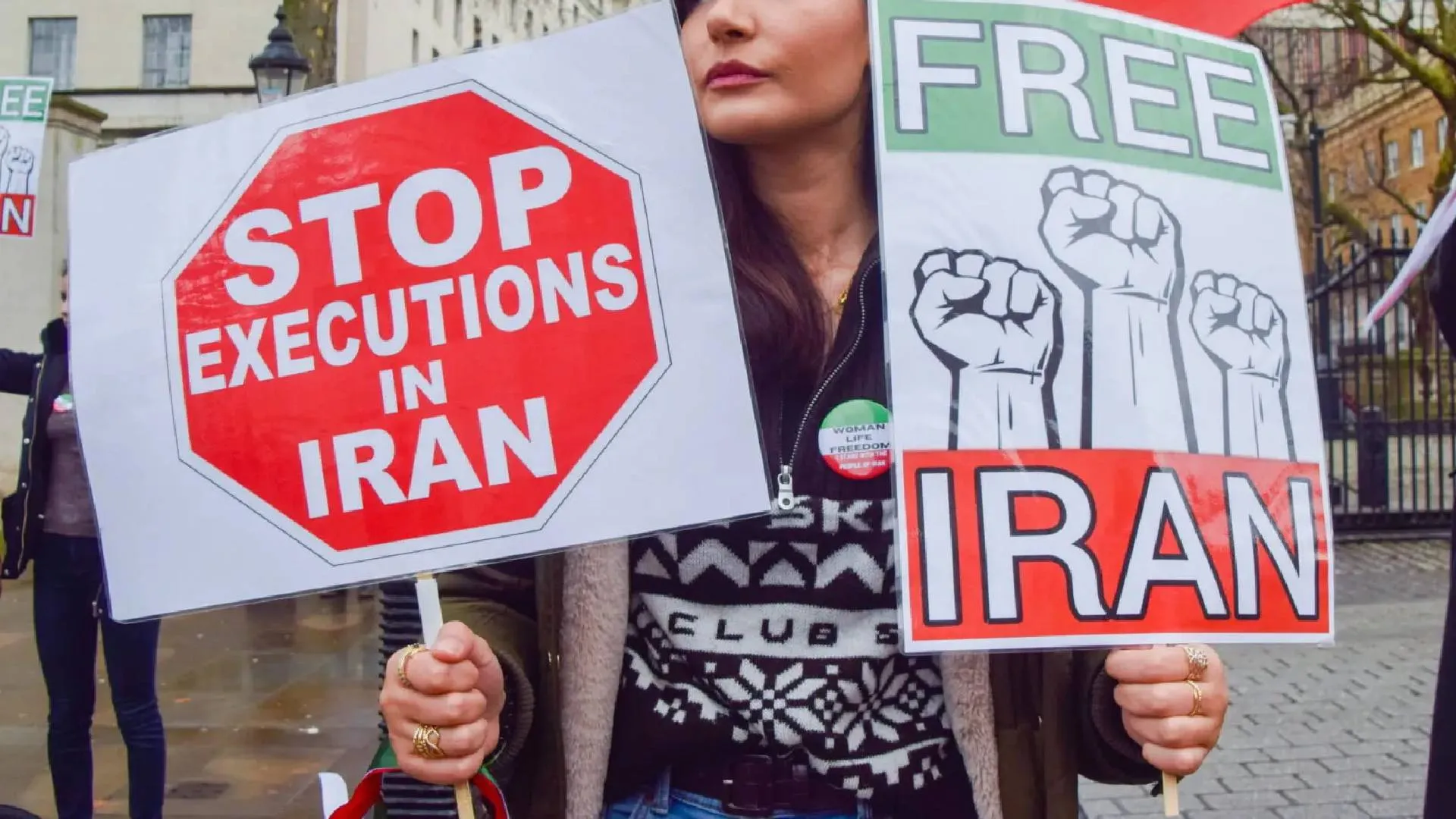Liberty is the most precious of all Human Rights which has been a founding faith of Human Race for more than 200 years. One realizes the value of liberty when he is deprived of, eventually liberty coupled with equality sets the tone for dignified life. Of equal importance is the maintenance of peace and law and order in the society In this light one of the concept of Human Rights namely Right of Fair Trial strives to gain importance
Right to Fair Trial has been a universally recognised concept and is one of the fundamentals which strives to ensure the administration of justice in a fair and unbiased manner. Every individual is entitled to a fair trial and the protection of their Human Right very much depends upon the impartial and competence of the Court of Law acting fairly and adjudicating fairly. An added responsibility strives upon the judicial officers including but not restricted to lawyers, prosecution branch or the investigation branch who are the important instruments in ensuring and making the concept of Fair Trial a reality and hence abiding by the Rule of Law. The concept comprehends a right to the accused to have their innocence determined by a fair and unjust legal process. The origin of the concept of Fair Trial dates back of the coming into force the Universal Declaration of Human Rights (UDHR), 1948 and subsequently it’s mentioning under Article 14 of the International Covenant on Civil and Political Rights (ICCPR), 1966 which has put the states under an obligation to ensure that the accused shall have all the rights to defend him. Right to Fair Trial includes in itself various facets including but not restricted to Speedy Trial, Right to Legal Aid, Right to Defend & Right to Fair Disclosure.
ANALYSIS OF FAIR DISCLOSURE
Fair disclosure is a drop in an ocean which verily makes the trial fair. “Disclosure” is basically defined as the process of acquiring admissible material evidence in a criminal procedure. India has adopted the adversarial system of law where the burden to produce evidence has been placed on the prosecution. Hence, it becomes the duty of the prosecuting agency to reveal the evidence which they are going to use to incriminate the accused including the evidence which might favour the defence. But to how much extent the same is in practise is the Question of Debate?
The concept is simple which says let the court decide what needs to be done with the accused but the obligation of disclosing all the relevant information should be exercised judicially in order to arrive at elastic as well productive decision.
EVOLUTION OF FAIR DISCLOSURE
U.S. Supreme Court was the first one to apprehend the importance of Fair Disclosure in 1963 in its landmark case of Brady V. Maryland where it held that the prosecution is obligated to render all the evidence that might exculpate the defendant to the defence. The following three specifications were also ordained to qualify the information as pertinent, if it can be proved that the information:
1. Was not disclosed by the prosecution
2. Is favourable to the accused and,
3. Is material either to guilt or punishment
The Prosecution Branch (Attorney’s Office) is superseded by the Investigation Branch which ensures that all the relevant information comes before the Court of Law.
The same could be seen in the Director of Public Prosecution,1986 and the Criminal Procedure Code, 1986 of the New South Wales which puts an obligation on the Prosecution Branch to put before the Court of Law all the material fact whether it is in favour of defence or not?
Similarly Section (3) r/w Section (7A) of the Criminal Procedure & the Investigating Act, 1996 (UK) puts an obligation on prosecution branch to produce all the facts and evidences before the court of law in favour or not in favour.
FAIR DISCLOSURE IN INDIA
Contrary to the U.S. mechanism of fair disclosure, there’s barely any such sort of mechanism for fair disclosure of exculpatory evidence in India. The criminal justice system in India renders a limited but no mandatory duty of disclosure. In India, police is the only authority which is at the helm of selecting the information that goes into the charge-sheet and they are not mandated under the law to bring forth any evidence which goes contrary to the case. It means that the prosecuting agency has an exclusive option to not to produce the material evidence which might be in favour of the accused.
In light of the Section 173(5) of the CrPC, the magistrate is the adjudicating authority which decides whether a case can be filed against the accused or not. And while filing the charge sheet, the police authority is required to provide documents or pertinent material to the magistrate on which the prosecution relies and the statements of witnesses, whom the prosecution proffers to examine. The police thus bring forward only such documents to the Magistrate that are statutory for proving the guilt of the accused. Moreover, this section does not even remark about revealing all the pertinent details including exculpatory material which can favour the accused or render a new direction to the case which certainly gives rise to practical scenario during the stage of “Framing of Charge.”
During the stage of framing of charges, the court is authorised to scrutinize only the prosecutor’s material evidence. While realising the seriousness of this matter, the Apex Court, in the case of Satish Mehra V. Delhi Administration, held that the defence material should be disclosed at the time of framing of the charges, so that a mere perusal could be observed to proceed with the matter at hand but this verdict was abrogated in the case of Debenda Nath Padhi. Therefore, the accused is left with no right to produce any material before the court in its defence at the time of framing of charges. In Bhawna Bai vs. Ghanshyam (2019), the supreme court while relying on several judgements includingAmit Kapoor v. Ramesh Chander and another (2012), Dinesh Tiwari v. State of Uttar Pradesh and another (2014) clearly made out that at the stage of framing of charges the court needs to look into the initial compatibility of the material evidence put up by the prosecution which creates a strong suspicion against the accused, hence making the stage of framing of charge just a mechanical provision. If evenly transported the concept of Fair Disclosure in its partial sense could add a cherry to the concept of Fair Trial.
Although, in the recent judgement of Supreme Court in Nitya Dharmananda K. Lenin vs Sri Gopal Sheelum Reddy(2017), it was opined that only such material which is of sterling quality and which could have bearing on the framing of charges would be summoned under the Section 91 of the CrPc. However, the word “sterling quality” has not been stated precisely and is open to the courts for interpretation.
Intermittently, the scope of fair disclosure has evolved to ensure a fair trial still there have been many instances in India where the improper disclosure of information has resulted in wrongful prosecution and it has been a subject of debate since a very long time. One such instance of the failure of the concept of Fair Disclosure in India can be traced in the well known case of Arushi Talwar. In this case, a purple pillow was retrieved from the room of one of the suspects named Krishna, who worked as a compounder for the Talwars and was sent to the Centre for DNA Fingerprinting and Diagnostics (CDFD). The CDFD’s report showed that the pillow has the blood and DNA of Hemraj which further implied the presence of Krishna in the flat while Hemraj was murdered. But the CBI dismissed this evidence and proclaimed that the CDFD had made a typographical error by propounding it as Krishna’s pillow instead of Hemraj. Hence, the prosecution here relied only on the exculpatory piece of evidence and the lack of fair disclosure of the entire evidence cost the Talwars 9 years of their life, the last four of which they spent incarcerated. After this case, the entire country realised the seriousness and pre eminence of fair disclosure and to what extent an innocent can suffer when prosecution is determined to frame a person guilty.
One should not underestimate the fact that a prosecutor can play a very crucial role in ensuring a fair trial. In some cases, the court emphasised on the duty of the prosecutor and stated that it is the moral obligation of the prosecutor to make fair disclosure of the material under the CrPC, Bar Council Rules and relevant principles of common law. And a trial would be invalidated if the non disclosure of the material brings about an irrevocable prejudice to the accused.
The Indian criminal justice system is running on the fundamental principle of “innocent until proven guilty” and not vice versa. There’s absolutely no suspicion about the fact that no greater pain can be inflicted upon by any criminal justice system other than the conviction of an innocent. Making a man suffer for something he hasn’t done is no less than sacrilege. Thus, there’s a desperate need to ratify the inefficiencies in the Indian criminal justice system and to make new statutes for fair disclosure of evidence. The changes can evenly be considered in the likes of present socio-economic conditions and partially be applied to observe a change and that too in special circumstances, so that the system does not deviate predominantly. The parliament of India is conferred with the power to make reform in the laws therefore it must pull out all the stops for strengthening the concept of fair disclosure and steer clear of arbitrary practices. The legislature must formulate extensive rules to resolve issues like decoding information, time framed disclosure and precisely defining the exceptions to disclosure provisions and in capsulate the concept of fair disclosure, let the adjudicating body decide.























